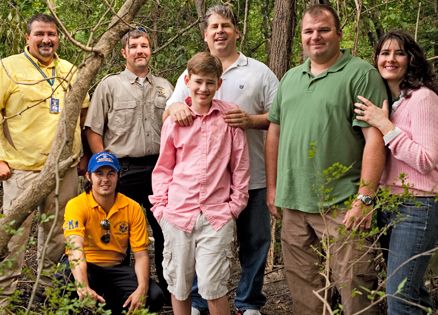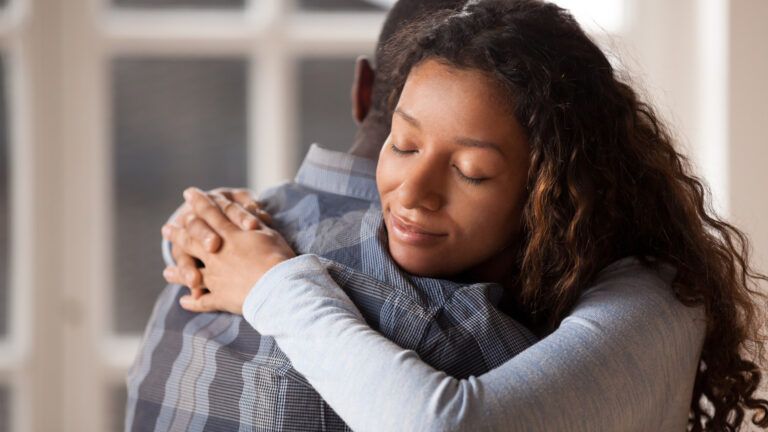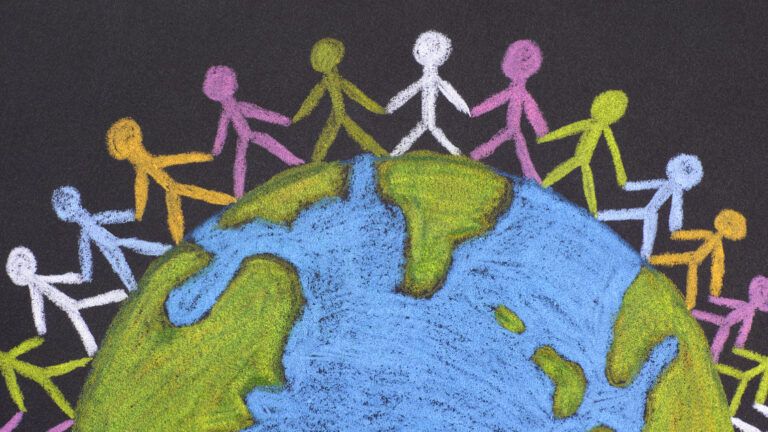It had poured all night and Sunday morning, May 2, the rain was still coming down in sheets.
I’d heard on the news that some areas around Nashville were under water. But we lived on high ground, nowhere near a flood plain. So I didn’t give the weather much thought, even when services at our church were cancelled.
Truth was, I was glad to have the morning to relax. As head of the local visitors bureau, I was just coming off hosting an annual convention of outdoors writers. For the last three days I’d shown off our corner of paradise, particularly, beautiful Old Hickory Lake, a reservoir created to tame the mighty Cumberland River. It felt good to put my feet up.
By mid-morning my husband, Joe, 12-year-old son, Clay, and I were hungry. I opened the fridge. Practically empty. We’d been too busy to go shopping. We piled into our Chevy Trailblazer for a grocery run.
Near the store we hit a shallow pool in a low spot on Big Station Camp Boulevard, named for a creek that trickles into Old Hickory Lake. The Trailblazer’s big all-weather tires gripped the road, spraying water in all directions.
Even the supermarket parking lot was awash in puddles. Clay splashed through them in his heavy leather boots. We grabbed a few staples—a pound of turkey, a loaf of bread, a gallon of milk and a couple of pizzas—and were back in the Trailblazer in no time. Ten minutes more, I figured, and we’d be dry and cozy back home.
When we reached that low spot on Big Station Camp Boulevard I hardly recognized it. The puddle had swollen to a small lake, barely distinguishable from the creek—make that a raging river—it was rushing into. “Wow!” Joe said. “Must be a foot deep. Good thing we’re in the SUV.” A pickup was behind us. We couldn’t back up.
“Be careful,” I said as Joe eased the Trailblazer forward. We were about halfway across when a wave rocked the truck, swamping the engine. Joe turned the key in the ignition. Dead. I looked out my window. The roiling water was halfway up the door and rising. I could feel it pushing against our vehicle. The part of the road that wasn’t under water—what now seemed like the shore—was at least 25 yards away. It might as well have been 10 miles.
Joe clicked his seatbelt loose, powered down the window (fortunately the battery still had juice) and climbed out into the churning water. It was waist deep. “Get out!” he yelled. “Hurry!”
Clay went. Joe helped him onto the hood. I hung my purse around my neck and squeezed through the window, then clambered onto the roof above Clay. There wasn’t room for Joe. He clung to the Trailblazer’s door.
I looked behind us to see a fire truck. The pickup driver must have called 911. Two men, tethered to others on the shore, walked a few yards into the water and tossed life vests toward us. The current sucked the vests downstream. “I’m in trouble,” Joe said. “I can’t hold on much longer!”
I felt fear—make that absolute panic—rush through me. Joe was a lot stronger than I was. If he couldn’t hang on, how could I? My hands were already trembling. I’d slide off the water-slicked roof at any moment. And Clay…he was still clinging to the hood, saying something.
“Our Father, who art in heaven…” I heard him say. His eyes were closed, his head bowed. “Hallowed be thy name…” I’d listened to him say the Lord’s Prayer hundreds of times, the bedtime ritual Joe had taught him when he was only five years old. But I was so scared I couldn’t even recall the words. “Thy will be done…”
Another surge of water hit the SUV, spinning Joe away from the door. He lunged for the grill and grabbed on.
“Get on the roof!” he yelled to us. Clay and I scrambled up the windshield. “Stay up there,” Joe said. “When the truck moves, ride it to the trees, then jump off.” I looked back so I could hear him better. He was gone!
“Joe!” I screamed. I scanned the waves, now lapping just below the roof. No sign of Joe. Clay was crying and I held him tight, sure the flood would take us next. The Trailblazer began rocking. Then we were moving, the current slowly lifting our two-ton vehicle from the road and pushing it downstream like it was a bobbing cork. “Do something! Now!” I screamed to the rescue workers on the shore, now far in the distance, nearly a football field away.
“Don’t panic,” they called. “Help is coming.”
Don’t panic? How was that possible?
My husband was dead. I was on my own. Then I heard a voice. “Colleen, I’m over here!” I looked downstream. There was Joe, some 30 yards away, clinging to ivy in a clump of trees, his head just barely above the surface.
The Trailblazer was moving faster, the current pushing us toward Joe. We were going to crush him! The SUV tilted, capsizing. “Jump!” Joe yelled. “Get clear of it! Grab the first tree you can.”
We leaped just as the SUV plunged below the surface, somewhere below Joe’s legs. Clay grabbed hold of some vines. I wrapped my arms around a small tree about five yards downstream from him. I looked back, only to see Joe yanked back into the current. The ivy he had been clinging to had given way. Somehow he was able to swim to a big elm tree leaning out into the water, downstream from Clay and me. The water was ice cold.
My heart was pounding. Would these be our last moments together as a family? It seemed so hopeless. Then I heard Clay’s voice again rising above the wind and rain: “Our Father, who art in heaven…” I listened intently, straining to hear. “Hallowed be thy name…” I clung to those words even more tightly than I clung to the tree. “Thy kingdom come…” Even as the water swirled around me, I could feel my fear fading. My attention shifted to Clay. I needed him to know that Joe and I were okay, that his prayers—I hoped—were being heard.
“We’re going to get through this,” I yelled to Clay. “Keep praying.”
“I’m getting really tired,” he said. “I can’t hold on much longer.”
“The current will bring you to me,” Joe yelled. “I’ll catch you.”
I looked behind us and saw a truck pull up next to the fire truck, towing a small boat. “They’re coming to get us!” I shouted. “Just hold on a little longer.”
Except I couldn’t. The current washed me from the spindly tree. I screamed—just before plunging deep into the rushing water, my weary body helpless. And then I felt a hand, clamping down hard on my arm and pulling me out of the water. Joe! I’d never been happier to be in his arms.
The big elm he was holding onto was sturdy. I grabbed the trunk and looked for Clay, only to hear him scream, “Dad!” Then he went under. I frantically searched the water. A small pale hand poked above the surface. “Joe! He’s there!”
Joe reached down and pulled Clay onto the trunk of the elm. But his boots kept slipping against the wet tree, dragging him back into the water. “We’ve got to get those off you,” I said. My hands were frozen. They could barely move. Please, God, let my fingers work, I prayed. Somehow I managed to get the laces untied, and Clay scrambled barefoot up into the tree. We were cold, battered and exhausted, but huddled against this mighty tree all I could think about was how blessed we were to be together.
The boat, with three men rowing, was within 20 yards of us. “Don’t worry. We’re going to get you out,” one of the men yelled. But the waves were too strong for them to get closer.
They tied the boat to some trees upstream, then tossed life vests to us on a long rope, letting the current bring them to us. We put on the vests, grabbed the rope and plunged into the water. While we held on for dear life, the rescuers pulled us through the rapids. First Clay, then me, then Joe.
Three times I thought we were done for, when Joe disappeared, when I had to leap off the SUV, when Clay went under. Each time God gave us something to cling to—the vines, the trees, especially that sturdy elm, the rope the tireless rescue crew towed us in with. And, of course, prayer, the mightiest lifeline in any storm.




